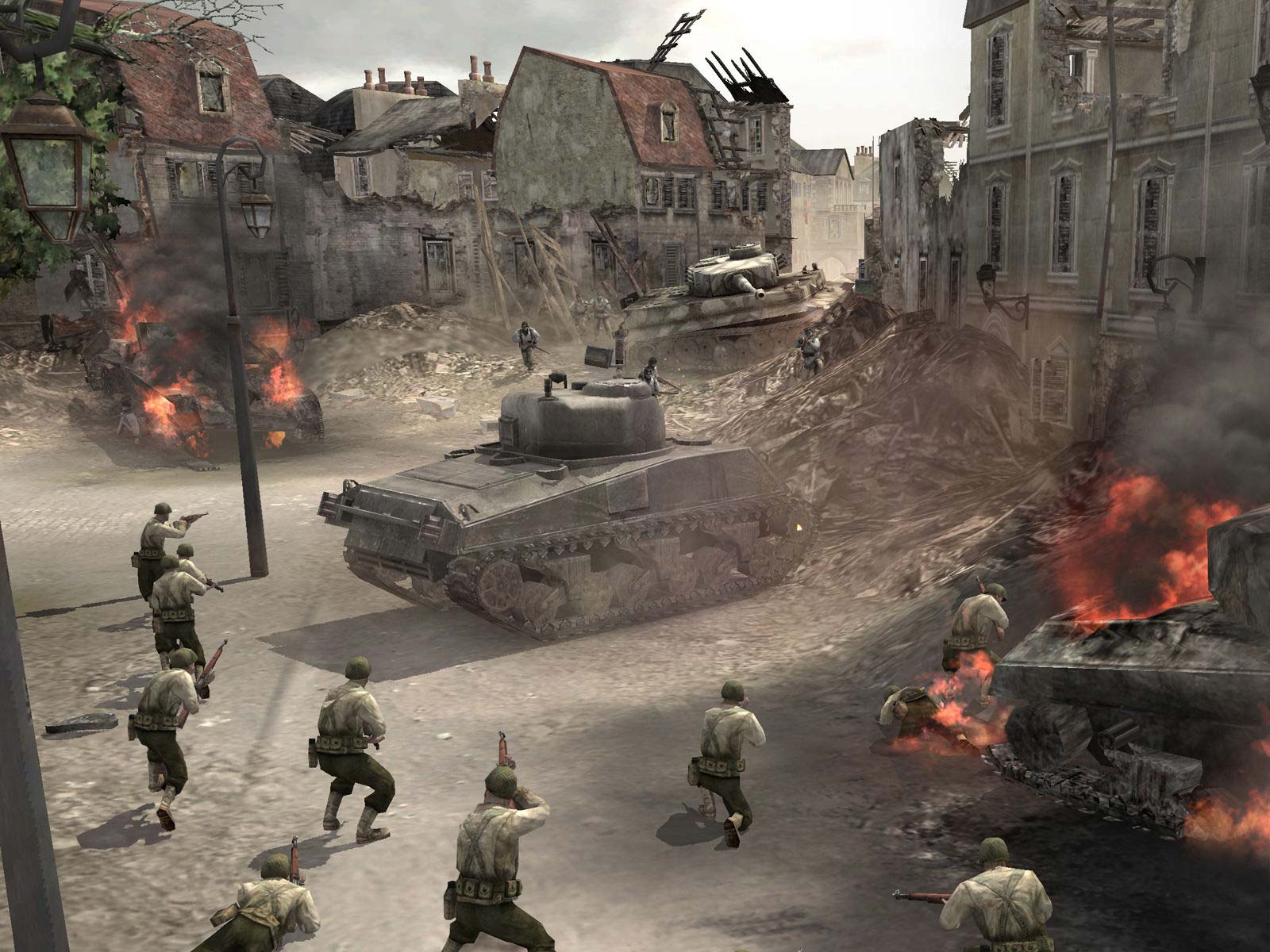 THQ is known for its fighting video games, but it took a lot of punches in 2009. For the fiscal year ended March 31, the big game publisher lost $431.1 million and saw revenue decline 23 percent to $830 million on a GAAP basis.
THQ is known for its fighting video games, but it took a lot of punches in 2009. For the fiscal year ended March 31, the big game publisher lost $431.1 million and saw revenue decline 23 percent to $830 million on a GAAP basis.
But in spite the big losses, the company is still experimenting with new markets, and it’s betting big on its new Ultimate Fighting Championship fighting games.
A year earlier, revenues were $1.0 billion and the loss was $35.3 million. The Agoura Hills, Calif.-based company slipped badly in 2008, with many games failing to live up to expectations in both the hardcore and family game markets. The company laid off a quarter of its work force, or 600 people, in November and more in its wireless division in January in an attempt to save $220 million.
It’s interesting to see how bad the company has been hit by both the recession and its bad product moves, but it is still experimenting with new business models and Asian markets, where much of the growth of the game industry has been. The pattern is not so different from Electronic Arts’ fiscal year.
In the fourth fiscal quarter ended March 31, the company said revenues fell 9 percent to $170.3 million. Losses were $96.9 million. Brian Farrell, chief executive, said the company has completed a big restructuring and expects to return to profits in fiscal year 2010, which ends March 31, 2010. It is now more focused on established brands in both the hardcore and family games markets. For 2010, the company expects flat revenues.
On a non-GAAP basis, the company reported a fourth quarter loss of $36.4 million, or 54 cents a share. THQ was expected to report a loss of 33 cents a share on revenue of $148.6 million. In the same period last year, the company lost 37 cents a share on sales of $187 million.
Top sellers in the quarter were WWE Legends of Wrestlemania and Warhammer 40,000: Dawn of War II. The company also said that Saints Row 2 has sold 2.8 million units worldwide. The company has $141 million in cash, but it secured a $35 million line of credit in case it’s needed.
 For the coming year, the company expects big titles to include Darksiders, a demon-fighting game; Red Faction Guerilla, an open-ended combat world game; WWE Smackdown vs. Raw 2010 wrestling game; and a new franchise based on the Ultimate Fighting Championship brand. In the family-oriented games, the company has MX vs. ATV and All Star Cheer Squad 2 games coming, as well as movie-based games such as Pixar’s Up. Another new title coming is Marvel SuperHero Squad, a kids-oriented superhero game.
For the coming year, the company expects big titles to include Darksiders, a demon-fighting game; Red Faction Guerilla, an open-ended combat world game; WWE Smackdown vs. Raw 2010 wrestling game; and a new franchise based on the Ultimate Fighting Championship brand. In the family-oriented games, the company has MX vs. ATV and All Star Cheer Squad 2 games coming, as well as movie-based games such as Pixar’s Up. Another new title coming is Marvel SuperHero Squad, a kids-oriented superhero game.
In the new digital models, THQ is looking forward to China’s Shanda Interactive launching its Company of Heroes Online game (pictured at top) in China. The game is based on a proven World War II game franchise. That game will be free to play with a virtual goods model. Shanda paid for the development cost, and THQ gets a royalty on every micro-transaction. There are more Asian titles coming, as well as Dragonica, a free-to-play massively multiplayer online game for casual gamers in the U.S. That game will use a virtual goods market.
The company still has 1,200 game developers in 8 internally owned studios. Nintendo Wii titles accounted for 17 percent of revenues, compared to 9 percent a year earlier. As for the OnLive digital game distribution announcement, Farrell said games on demand are what consumers want. He said THQ will be agnostic to game platforms. He said OnLive is a “fascinating new service.” The question is, how soon it will happen.


